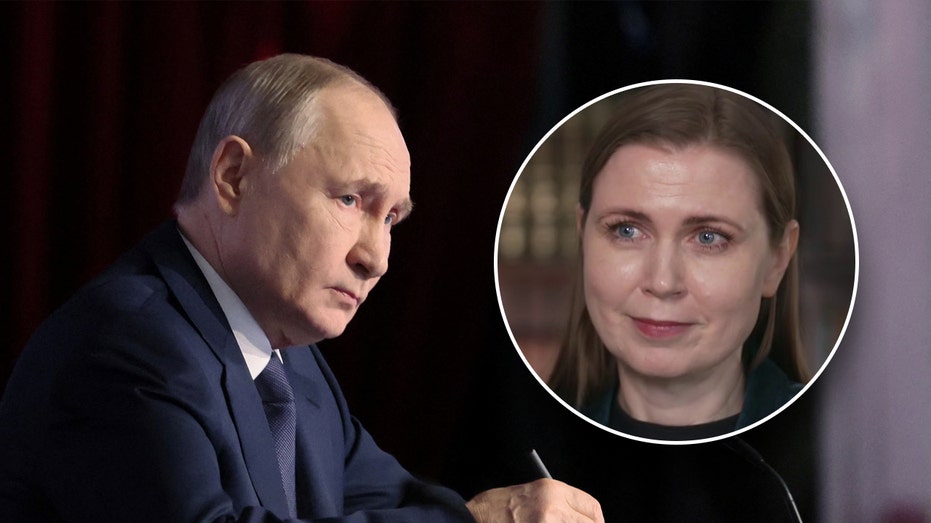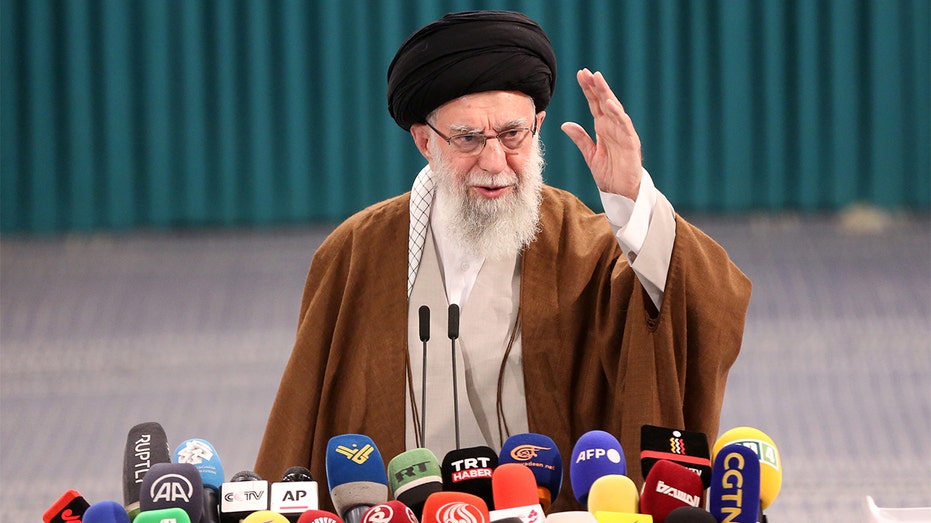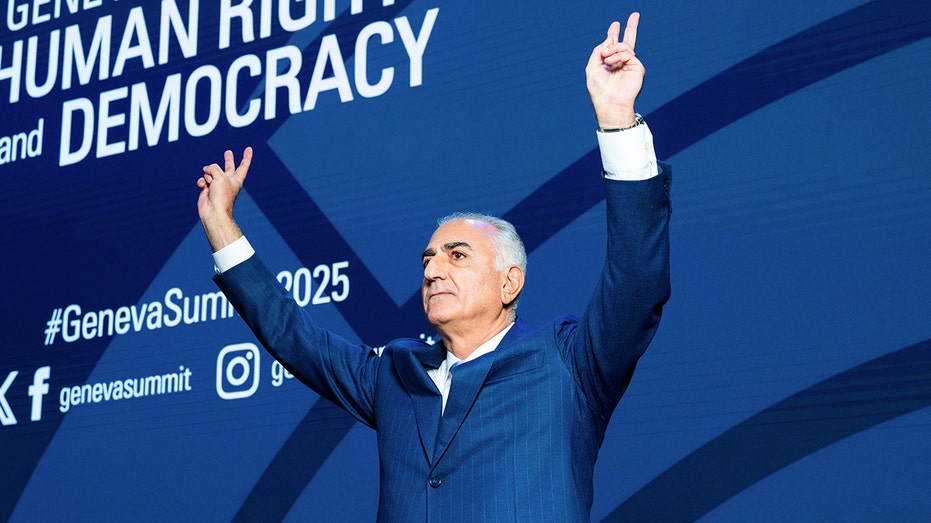Lithuanian Defense Minister: Negotiating with Russia Requires a 'Gun on the Table'

Sarah Johnson
March 10, 2025
Brief
Lithuanian Defense Minister Dovilė Šakalienė discusses the lasting scars of Soviet occupation, distrust of Putin, Lithuania’s defense buildup, and the challenges of Russian and Chinese aggression.
EXCLUSIVE: Lithuanian Defense Minister Dovilė Šakalienė knows firsthand the brutal realities of Soviet rule. Growing up in a Lithuania occupied by the USSR, her family endured unimaginable hardships, including her mother’s birth in a Siberian prison camp—a punishment for a teenage brother who dared to distribute leaflets declaring Lithuania’s freedom. Decades later, the scars of Soviet occupation remain etched deep into Lithuania’s collective consciousness, making any negotiations with Russian President Vladimir Putin a daunting prospect.
Šakalienė didn’t hold back during an interview at the Lithuanian Embassy in Washington, declaring, "The only efficient diplomacy with Russia is what Al Capone said: the only good negotiation is when you have a gun on the table." Her unapologetically blunt statement underscores Lithuania's skepticism about trusting Putin, sentiments rooted in generations of betrayal by Russia.
When asked directly if Putin could be trusted, her response was candid: "Are you kidding me? After what was done to my family and by Russia for generations, I don't think you would find any Lithuanian who could trust Vladimir Putin." It's hard to argue with that level of personal conviction.
Russia’s full-scale invasion of Ukraine has dragged on for over three years, with U.S. President Donald Trump engaging in direct talks to end the war. Yet Šakalienė remains wary, noting, "Historically, Russia has never ever kept an agreement." She expressed cautious optimism about Trump’s tough approach, calling it the only potential safeguard against Putin’s ambitions.
Lithuania, a small nation of 2.8 million perched in Eastern Europe, is uniquely vulnerable. It shares borders with Russia’s Kaliningrad and Belarus, which Šakalienė describes as "a platform for the Russian army." The looming presence of Russian forces, coupled with aggressive posturing, has prompted Lithuania to ramp up its defense spending, aiming to surpass NATO’s 5% GDP threshold and reach 6% by next year. As Šakalienė aptly put it, "They are trying to frighten us. They are trying to make us feel insecure."
Šakalienė applauded recent remarks by U.S. Defense Secretary Pete Hegseth urging NATO allies to step up their defense contributions, calling his blunt rhetoric "an ice-cold bucket of water." The defense minister didn’t mince words on Western Europe's lagging efforts, attributing it to an "illusion of an idealistic world, which has never existed." She argued that democratic nations’ failure to recognize the realities of authoritarian aggression has placed them in a precarious position.
Turning her attention to China’s role in fueling Russia’s military, Šakalienė offered a sharp analysis: "China is feeding Russia’s war machine but also benefits from seeing Russia weakened through battlefield losses." Her remarks paint a sobering picture of geopolitical maneuvering where alliances are often transactional.
Despite heavy losses in Ukraine, Russia is reportedly building an army of 1.5 million soldiers, signaling what Šakalienė calls "more imperial expansion plans." Her warning was clear: complacency is not an option.
In a bold move, Lithuania recently announced its withdrawal from the convention on cluster munitions, signaling its readiness to use any means necessary to protect its borders. "We don’t want Russians to come to our homes again," Šakalienė emphasized, adding that the decision sends a strategic message: Lithuania will do whatever it takes to defend itself.
Šakalienė also condemned Russia’s attacks on Christianity, accusing the Kremlin of exploiting religion for political infiltration while simultaneously destroying Ukraine’s Christian heritage. "This is a betrayal," she said. Her words reflected not just political defiance but a deep spiritual conviction.
Wrapping up the interview, Šakalienė left a stark warning: "We tend to try to diminish our enemies. This is a mistake. You have to see them for what they are." If her fiery rhetoric and unwavering resolve are any indication, Lithuania intends to do just that.
Topics
Editor's Comments
Šakalienė doesn’t sugarcoat things, and honestly, her Al Capone-inspired diplomacy line is a mic-drop moment. It’s refreshing to see a leader unabashedly call it as they see it, especially when dealing with someone like Putin, whose track record on agreements is—let’s be generous—abysmal. Her analysis of China’s double-edged support for Russia was another standout; it’s a reminder that geopolitics is always a chess game, and sometimes the pieces are just pawns for bigger ambitions.
Like this article? Share it with your friends!
If you find this article interesting, feel free to share it with your friends!
Thank you for your support! Sharing is the greatest encouragement for us.



